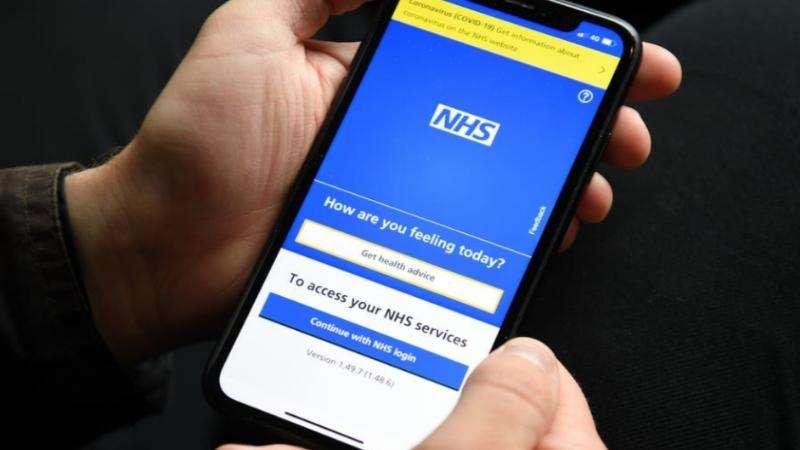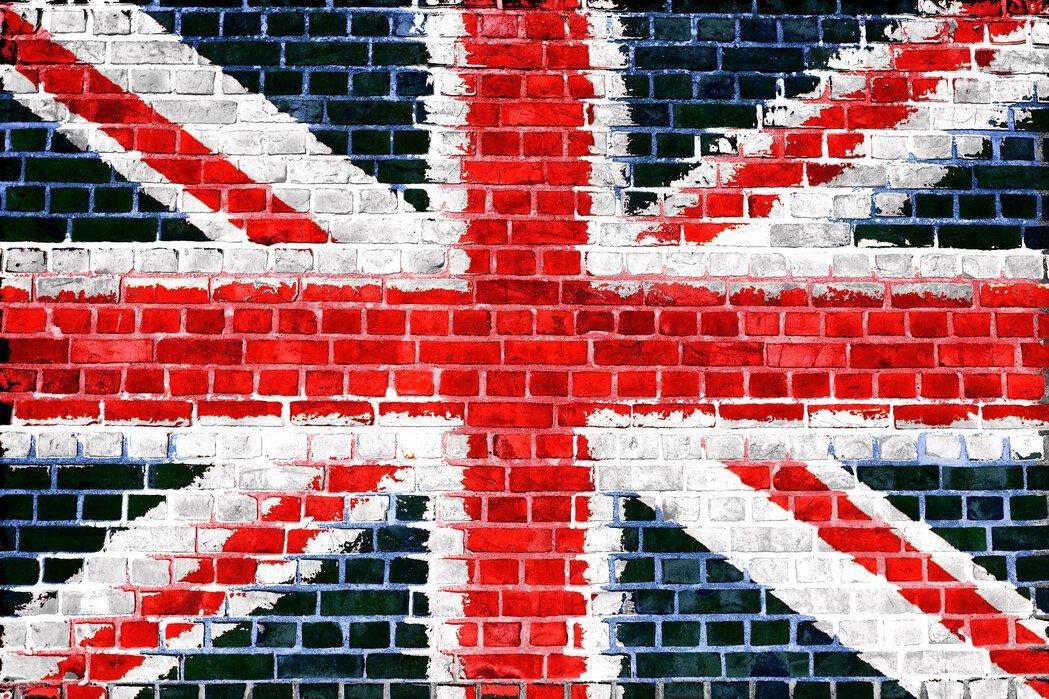NHS Embraces Digital-First, Igniting Fears for Elderly and BAME Communities, Especially British South Asians-Health Secretary Wes Streeting is poised to announce a significant digital overhaul for the NHS today, aimed at cutting an estimated £200 million from postage costs by funnelling almost all patient communications through the NHS app. This "digital-first" strategy, a cornerstone of next week's spending review, signals the end of traditional doctor's letters for appointments, check-ups, and screening dates, projecting a reduction of 50 million letters annually, Daily Dazzling Dawn understands.
While Mr. Streeting advocates for the move as a "modernising" step that "puts power in the hands of patients" by offering instant access to health information, the announcement has triggered substantial apprehension among advocate groups for older people. Furthermore, significant concerns are mounting for Black, Asian, and Minority Ethnic (BAME) communities, particularly British Bangladeshi, British Pakistani, and British Indian individuals, who may face heightened technological barriers.
Dennis Reed, director of the Silver Voices campaign group, voiced profound worries, suggesting the shift could accelerate a trend that risks relegating some older people to "second-class citizens." He highlighted that many older individuals lack smartphones or, if they possess them, use them predominantly for calls, lacking the digital literacy to navigate complex apps on small screens. "If you try to force them to use an app then people will miss messages and vital appointments," Mr. Reed cautioned, underscoring the potential for vulnerable patients to be overlooked.
Caroline Abrahams, director of Age Concern, echoed these sentiments, acknowledging the potential benefits of technology but stressing the "big risk" posed by millions of older people who do not use computers at all or only for limited purposes. She urged that this "major change must be accompanied by many more opportunities to help people" adapt.
The push for digital communication raises particularly acute questions for various BAME groups, including British Bangladeshi, British Pakistani, and British Indian communities. These groups often have a higher proportion of elderly members, and some may have limited English proficiency, which can further compound difficulties in engaging with digital health services. Data from the Office for National Statistics (2021) reveals a persistent digital divide. For instance, in 2021, 6% of adults aged 75 years and over had never used the internet. More specifically, while comprehensive data on digital literacy within specific ethnic minority elderly populations in the UK can be nuanced, figures from the 2021 Census indicate significant proportions of certain BAME groups aged 65 and over: 5.1% of the British Indian population are aged 65 or over, 4.3% of the British Pakistani population, and 3.9% of the British Bangladeshi population. These numbers underscore the substantial cohorts within these communities who could be disproportionately affected by a digital-first approach if adequate support is not in place. Language barriers, cultural preferences for in-person communication, and lower rates of internet access among older generations within these communities are all factors that could exacerbate technological exclusion. For example, while general internet use is high, the older segments of these communities might have lower engagement with complex apps or online services.
Health sources indicated that part of the impetus for the digital shift stems from the reported unreliability of Royal Mail services in some areas, leading to delayed or missed appointment letters. However, critics argue that addressing postal service inefficiencies should not come at the cost of excluding a significant segment of the population, especially vulnerable groups.
In light of these concerns, there is a clear and urgent need for the NHS to implement robust and culturally sensitive support systems. This includes not only widespread digital literacy training but also targeted outreach campaigns. Crucially, the NHS must prioritise running specific awareness campaigns in ethnic online newspapers, community publications, and through trusted community leaders and organisations. This will ensure that information about the NHS app and available support is disseminated through channels that are both accessible and trusted by British Bangladeshi, British Pakistani, British Indian, and wider BAME communities. Without such dedicated and tailored efforts, the well-intentioned digital modernisation risks creating a two-tiered healthcare system, potentially leaving behind those who need care the most and widening existing health inequalities.








.svg)

.jpg)
.jpg)
